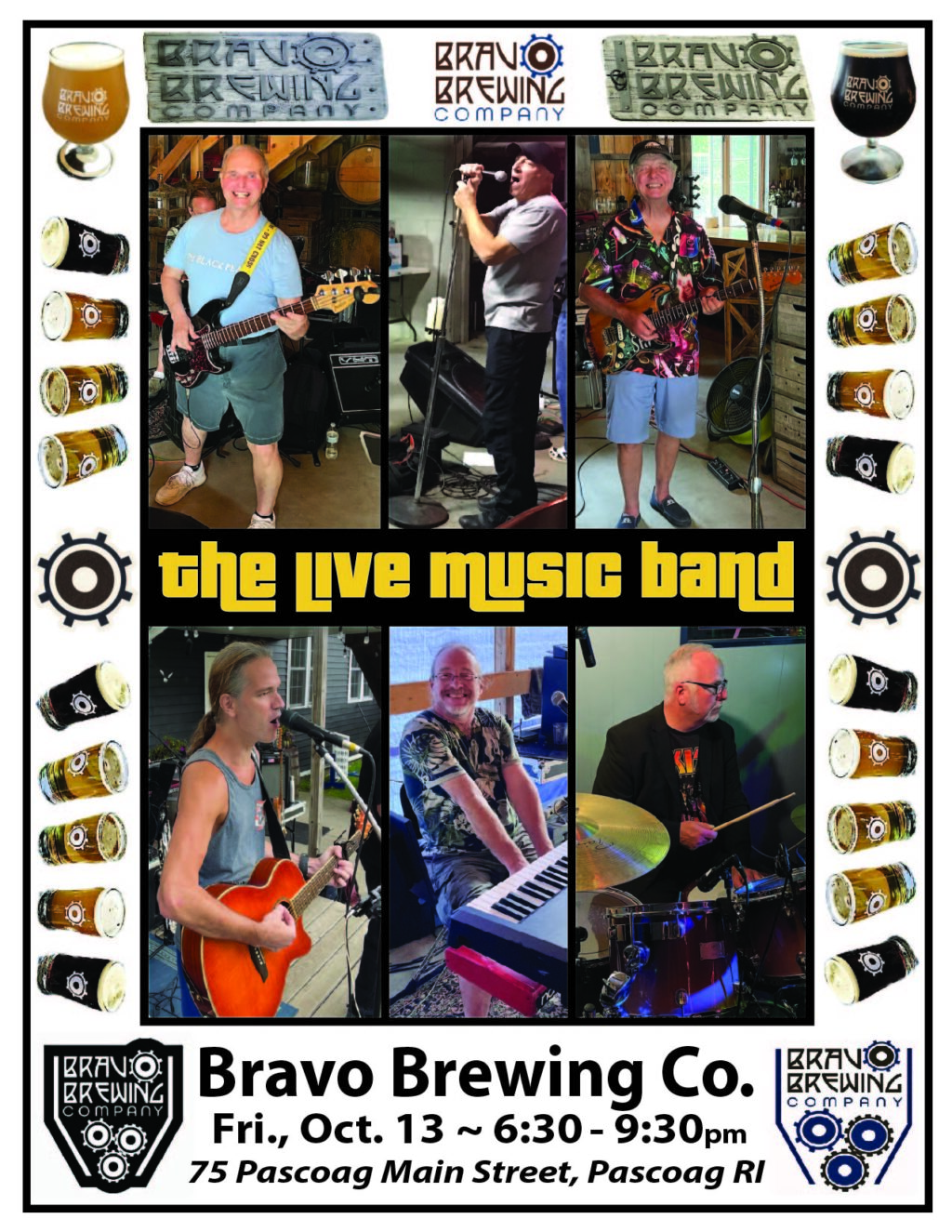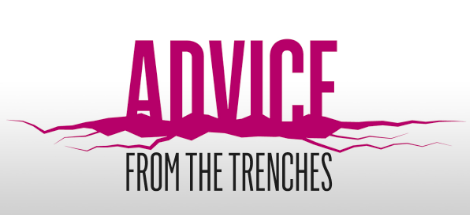Welcome to Advice From the Trenches, a monthly feature on NRI NOW.
In this month’s column, writer Cathren Housley addresses a question on the safety of over-the-counter medications.
Housley uses practical knowledge and wisdom from the school of hard-knocks, combined with advice counseling for medical problems from a chiropractic physician and medical doctor to answer your burning questions.
Do you have a question for the column? Send your thoughts, ideas and woes to [email protected].
Mention that you’re an NRI NOW reader so we can be sure to publish the answer here!
Dear C;
The other day after having coffee at lunch as usual, I took a couple Sudafed because my nose was stuffy. An hour later I got so angry with a fellow employee that I completely lost it and started screaming like some whack job. I was totally embarrassed the next morning – that is SO unlike me! I had no idea why I went ballistic until I came across a post two days later on my news app about a woman who ended up in the ER for a psych evaluation after mixing Sudafed and caffeine. Apparently this can cause agitation and aggression in some people. Gee, ya think?
It seems like this is pretty important – but I checked and the decongestant label doesn’t even mention it! It warns very clearly not to mix the product with MAO inhibitors and tells you to ask your doctor before using if you have diabetes, high blood pressure, thyroid disease, and a few other things, but it says NOTHING about caffeine.
I always thought OTC (over the counter) products were pretty safe or we’d need a prescription for them. But I wonder how safe they are. How do I even find out, if the label doesn’t tell me?

C says:
The FDA is required to issue back box warnings or pull dangerous drugs from the pharmaceutical shelves, but even their regulations aren’t infallible. Patients can misuse prescription medications even when they carry a warning, and when it comes to OTC medications most of us don’t even bother reading the labels – after all, they’re safe, right?
Wrong. I’ll give you a list off the top offenders.
• Sudafed, I.e. pseudoephedrine hydrochloride, is available without a prescription but there’s a reason they keep this non-prescription drug behind the counter. It can be used in the production of illegal methamphetamine, which should have tipped you off as to its agitating stimulant effects. Misuse can lead to heart problems, seizures, and a myriad of other woes. Unfortunately the G-rated version available in the cold & allergy aisle is virtually ineffective. But If you want to avoid those screaming fits, I’d live with the stuffy nose.
• Dextromethorphan There’s more than one OTC medication that contains ingredients which are psychoactive in large doses. Since OTC medication is more accessible than controlled substances, people with addiction problems may be inclined to abuse them. According to the National Institute on Drug Abuse, cold medication and cough remedies that contain dextromethorphan (DXM) are the most commonly abused OTC drugs.
Because DXM acts on the same receptors in the brain that hallucinogenic drugs like ketamine and PCP do, it produces similar feelings of euphoria and disassociation when taken in large amounts. With habitual use, an individual can develop a dependence, and eventually an addiction, to the drug.
• Tylenol, AKA acetaminophen, first made headlines in 1982 when tampered capsules of the Extra Strength version killed 7 people in Chicago. In that case it was cyanide that caused the actual deaths, but as early as 1966, there were already numerous reports of fatal overdoses from acetaminophen itself. In 1977 the FDA Advisory Committee reviewed the dangers of Tylenol. The committee recommended that all products include a clear warning about the risk of liver damage.
This recommendation was ignored until 1994, when Johnson & Johnson was sued by a patient who needed a liver transplant after taking Tylenol and consuming alcohol. Since that time, many victims have filed claims in a class action lawsuit. Yet to this day, acetaminophen is advertised as a safer alternative to other OTC pain relievers.
• Laxatives are a basic in just about every medicine cabinet, but they carry a surprising potential for abuse. When used as directed, they are a simple solution for ordinary constipation. But more often than you’d think, people abuse laxatives in order to lose weight. With excessive or prolonged use, they can cause dehydration, dependency, internal organ damage, IBS, liver damage and an increased risk of colon cancer.
• Diphenhydramine hydrochloride, more commonly known as Benadryl, has multiple uses. It’s sold in stores as an allergy medicine, but it is also a central nervous system depressant that is widely used as a sedative agent for dental, ophthalmological and endoscopic procedures. It can cause extreme drowsiness, which makes it dangerous to mix with alcohol and other sedating drugs, but one of the more serious risks appears nowhere on the label.
Diphenhydramine hydrochloride is an anticholinergic drug. This isn’t alarming unless you look at the research on Alzheimers and aging. One of the few means of slowing the effects of Alzheimer’s is to prevent acetylcholine from being broken down. Diphenhydramine actually speeds the destruction of acetylcholine, making it Public Enemy #1 for those who want to retain cognitive function. Those at risk for Alzheimer’s shouldn’t touch it.
But this is just the short list. The best way to protect yourself and your loved ones from dangerous drug interactions is to stay aware. New reports come out all the time, but reading blogs isn’t the most reliable source for info. To do your own research on potentially harmful OTC and other drugs check out https://www.fda.gov/safety/medwatch-fda-safety-information-and-adverse-event-reporting-program.







